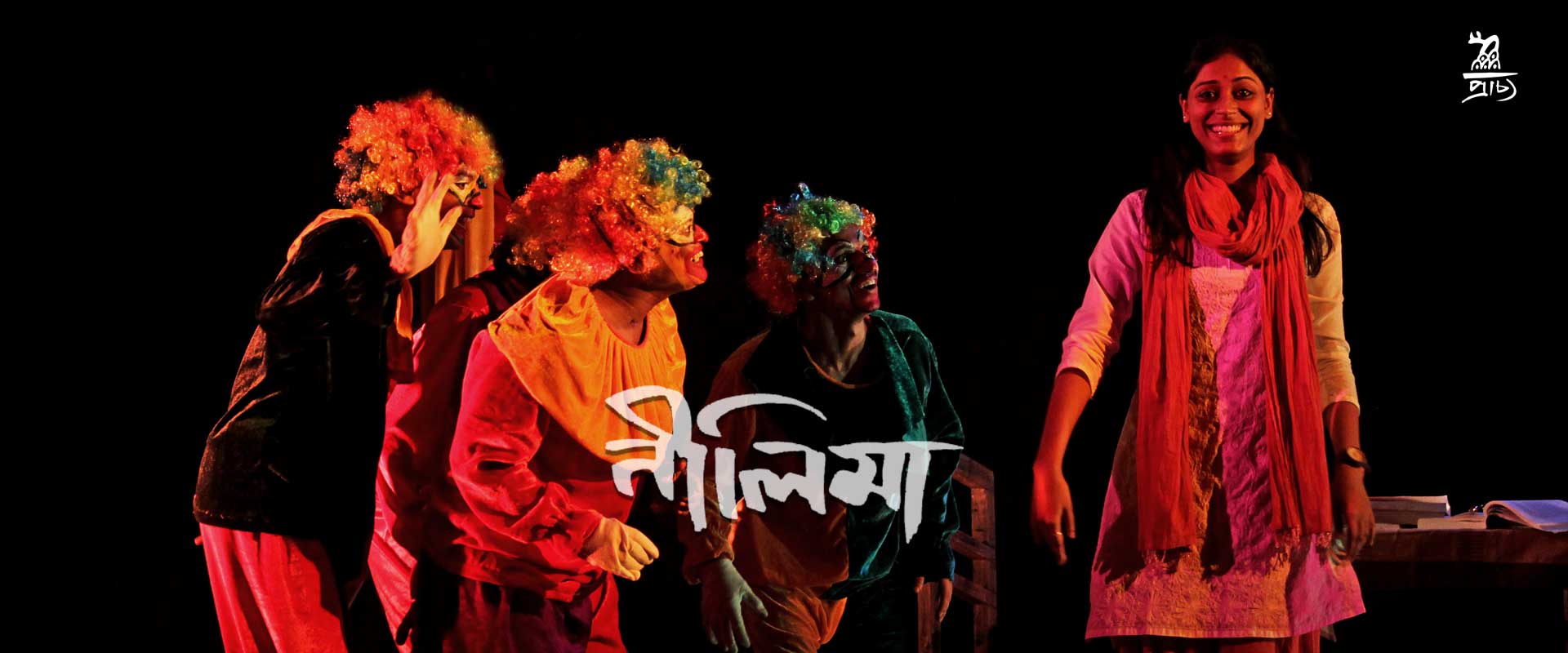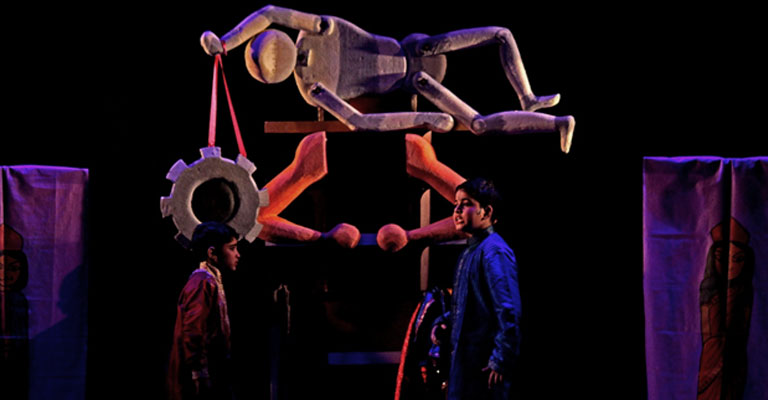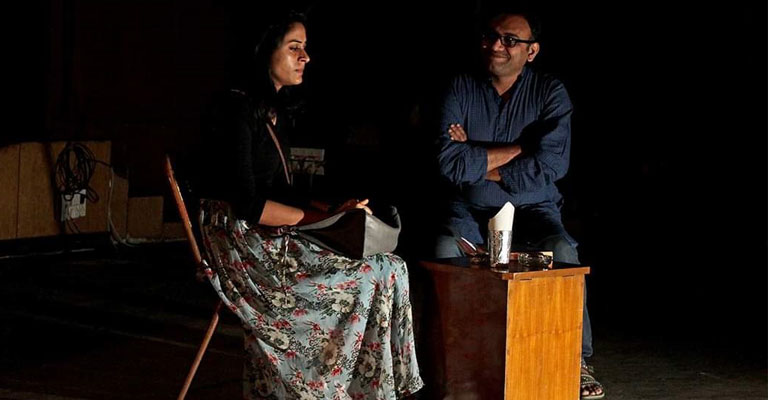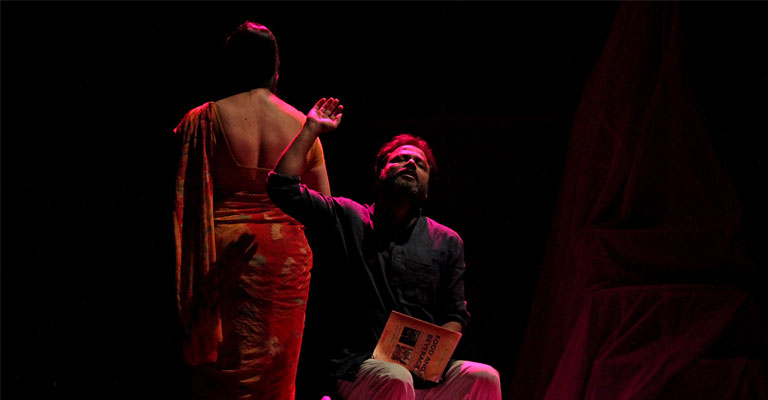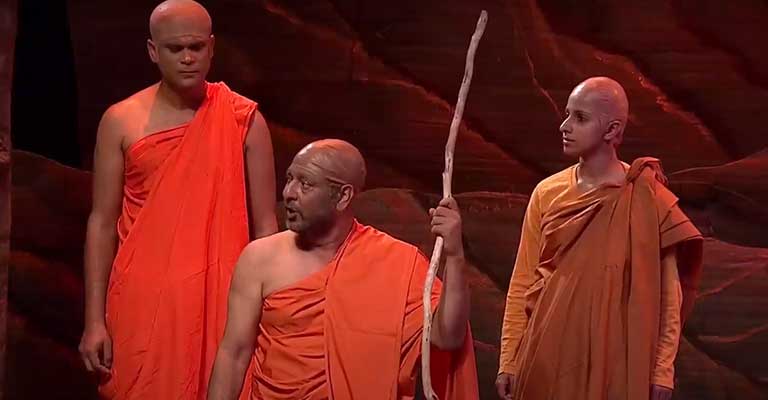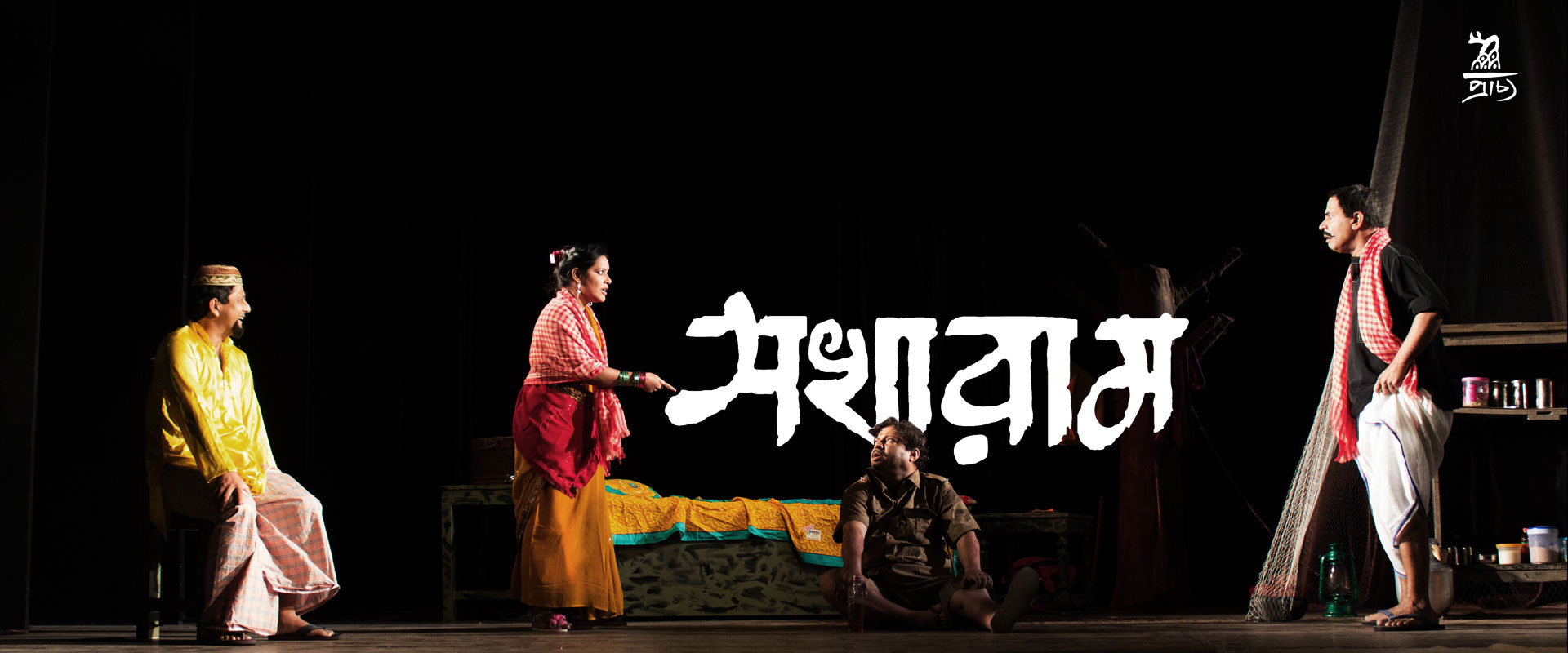The play “NEELIMA” basically consists of three main characters the professor, the student and the maid. In the beginning, when the curtain rises, we sce that a student has arrived to the professor’s place. She is quiet ambitious and wants to do research works in several fields. The choice of her fields makes us perplexed. Anyway, as the story unfolds, we see that, though the student wants to do research work in mathematical field but she is desperately lacking in some very initial and fundamental concepts of mathematics, like addition or subtractions.
